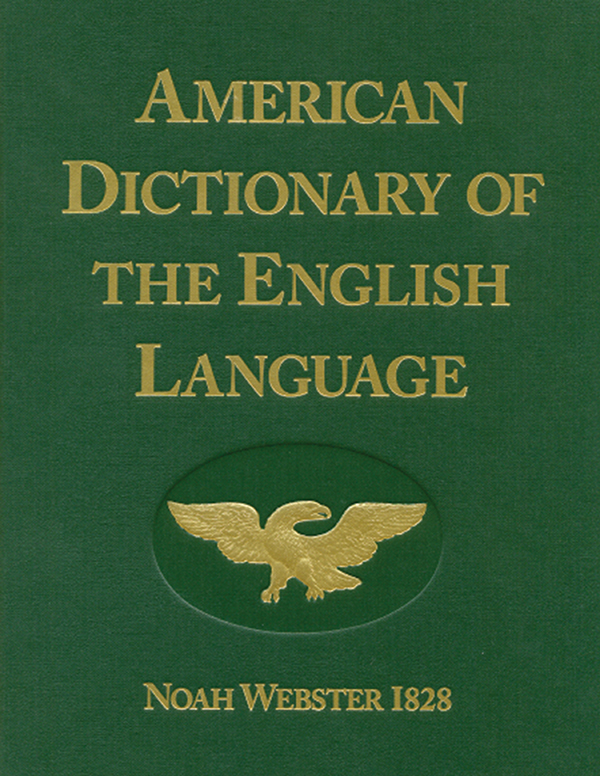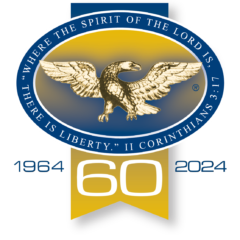This is the question every homeschooling parent is asking
Home is the primary classroom for every child and every parent searches for tools that help establish habits of scholarship, teach principles, and develop thinking and reasoning skills.
In an era where the deconstruction of language is one of the root causes of a culture spiraling out of control, incorporating a bedrock source for the development of communication skills is crucial. Teaching more may not always be the answer, but teaching for mastery is continually the goal.
Webster’s 1828 American Dictionary of the English Language is the perfect companion in homes that value education and focus on the intellectual growth of the family. More than any book in the home, other than the Bible, this dictionary has a profound impact.
Webster’s 1828 original resource is valuable to the home educating parent because it:
- Builds vocabulary
- Increases reading comprehension and verbal test scores
- Establishes precise word usage
- Cultivates the habit of critical thinking
- Cultivates deductive reasoning skills
- Defines words according to their original meaning
- Aids in establishing a Biblical worldview
- Strengthens research skills
- Inculcates lifetime habits of scholarship

Webster’s 1828 facsimile edition is a primary source and a companion to learning. It was produced by Noah Webster during the years when the American home, church and school were established upon a Biblical basis. Modern dictionaries reflect the current cultural corruptions and erosion of vocabulary, but the Webster’s 1828 is the gold standard of language for today’s Christian scholar.
Webster’s 1828 American Dictionary of the English Language, facsimile edition with hundreds of references to classic literature, the Bible, history and famous quotes. Hardcover with embossed gold-stamp, 2,000 pages.


